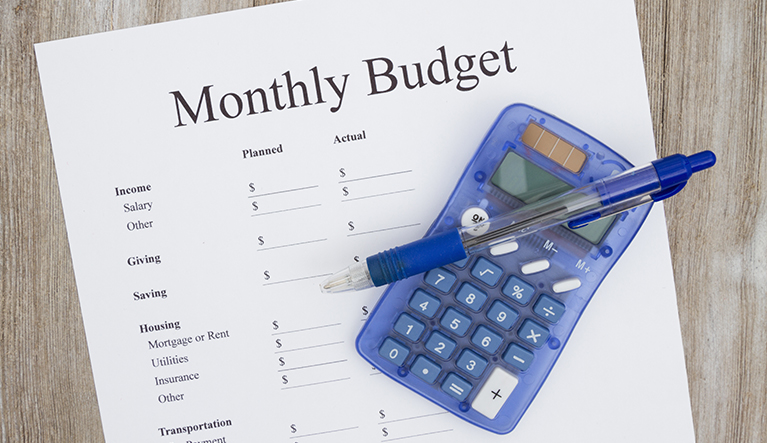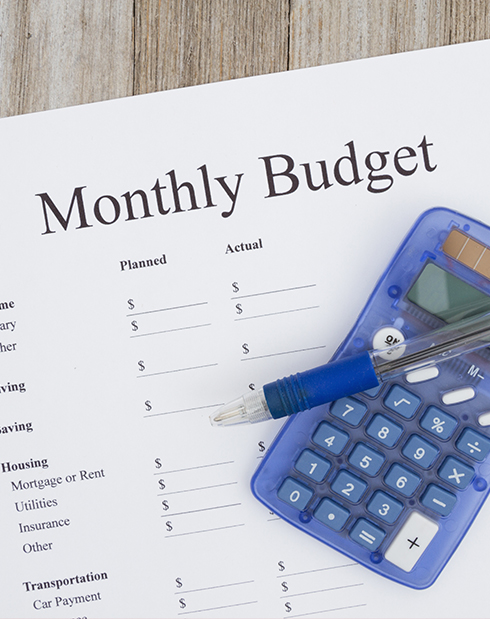
The building blocks of a solid plan.
Before you sketch out your plans for the future, here are the key terms and financial components to learn and consider:

- Monthly budget – Track your spending and allocate the right amount to your living expenses, utilities, food, rent (if any), and travel costs. Check out our guide to budgeting here.
- Savings – Starting on your savings early can help you grow financially, and ensure a comfortable life for your family. The KayaMo Saver’s Plan makes this easier with its salary deduction scheme and flexible payment terms.
- Debt management – It’s ideal to include steps to paying off debt and dues in your financial plan. Review your monthly budget and consider what expenses can be removed or cut down.
- Emergency funds – As we face unprecedented times, it is advisable to have financial safety nets on top of your savings. Set up your emergency funds for unexpected expenses.
- Insurance and retirement plans – These plans can help you achieve financial security in the long run. Look into insurance and retirement programs that can address your needs and fit into your budget.








